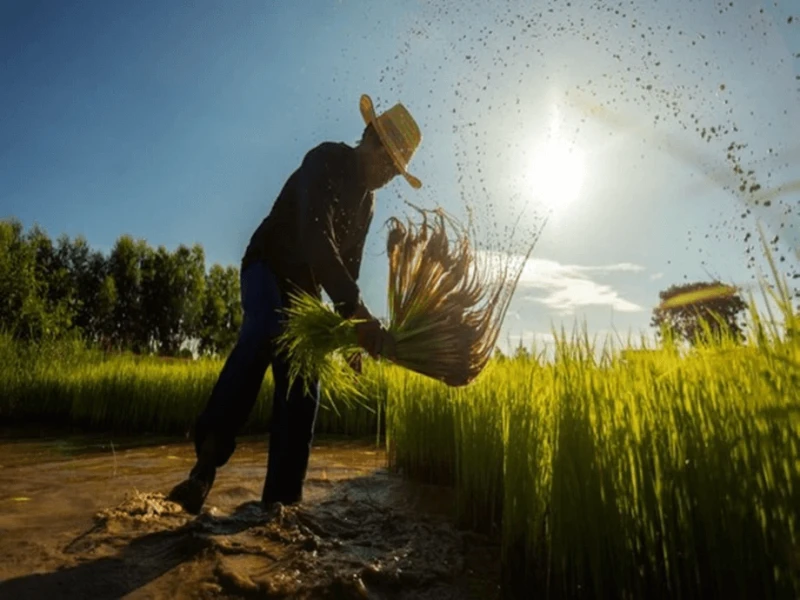[F]or the first time in almost 20 years, a new entry appeared in the public database that lists proposals to test genetically modified plants in outdoor field trials in Italy. The request, from Vittoria Brambilla’s University of Milan team, focuses on a rice edited for resistance to a fungal disease. The Italian Institute for Environmental Protection and Research (ISPRA) will decide whether to permit the trial after a month-long public consultation.
Italy’s temporary authorisation regime will last until the end of 2024 and is designed to bridge the gap until an anticipated revision of the EU regulatory framework on genetically modified plants. After a favourable vote by the environment committee on 24 January, the European Commission’s proposal on New Genomic Techniques (NGTs) is now expected to go to a parliamentary vote later this year, before negotiation with member countries. It aims to make possible the study and commercial growth of specific plants, provided they are equivalent to what could be achieved through conventional breeding. According to the draft regulation, Brambilla’s gene-edited rice would meet the criteria for the NGT-1 category, a classification subject to a lower regulatory threshold compared to GMOs, in terms of monitoring and labeling.





















 Viewpoint — Fact checking MAHA mythmakers: How wellness influencers and RFK, Jr. undermine American science and health
Viewpoint — Fact checking MAHA mythmakers: How wellness influencers and RFK, Jr. undermine American science and health Viewpoint: Video — Big Solar is gobbling up productive agricultural land and hurting farmers yet providing little energy or sustainabilty gains
Viewpoint: Video — Big Solar is gobbling up productive agricultural land and hurting farmers yet providing little energy or sustainabilty gains Fighting deforestation with CO2: Biotechnology breakthrough creates sustainable palm oil alternative for cosmetics
Fighting deforestation with CO2: Biotechnology breakthrough creates sustainable palm oil alternative for cosmetics Trust issues: What happens when therapists use ChatGPT?
Trust issues: What happens when therapists use ChatGPT? 30-year-old tomato line shows genetic resistance to devastating virus
30-year-old tomato line shows genetic resistance to devastating virus California, Washington, Oregon forge immunization alliance to safeguard vaccine access against federal undermining
California, Washington, Oregon forge immunization alliance to safeguard vaccine access against federal undermining The free-range chicken dilemma: Better for birds, but with substantial costs
The free-range chicken dilemma: Better for birds, but with substantial costs ‘You have to treat the brain first’: Rethinking chronic pain with Sanjay Gupta
‘You have to treat the brain first’: Rethinking chronic pain with Sanjay Gupta
